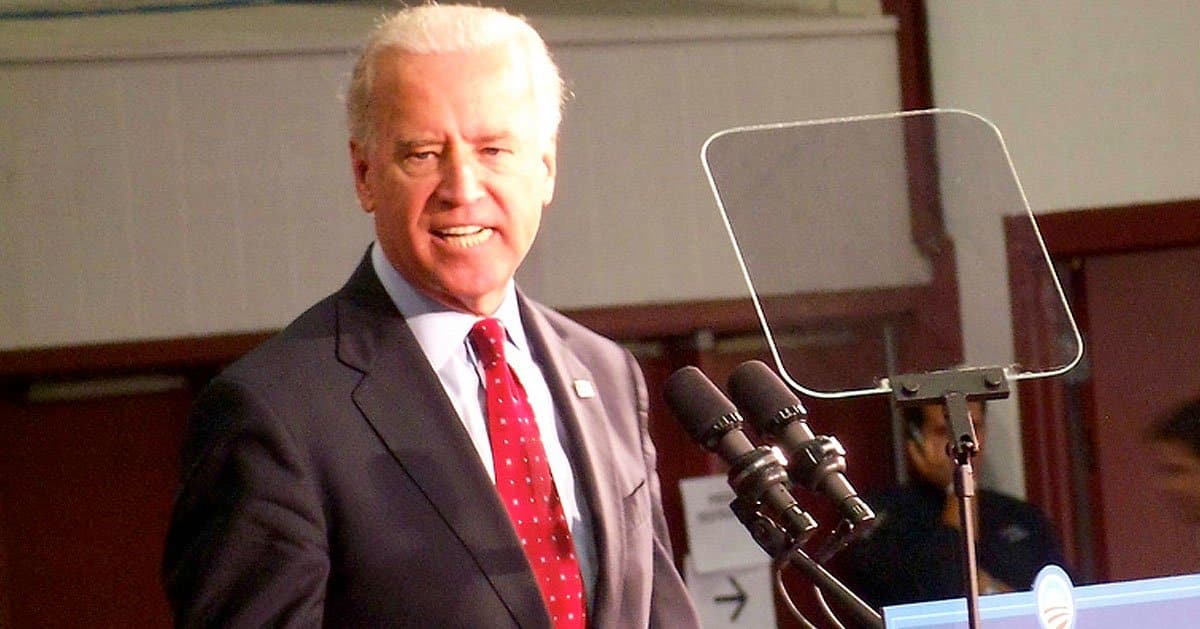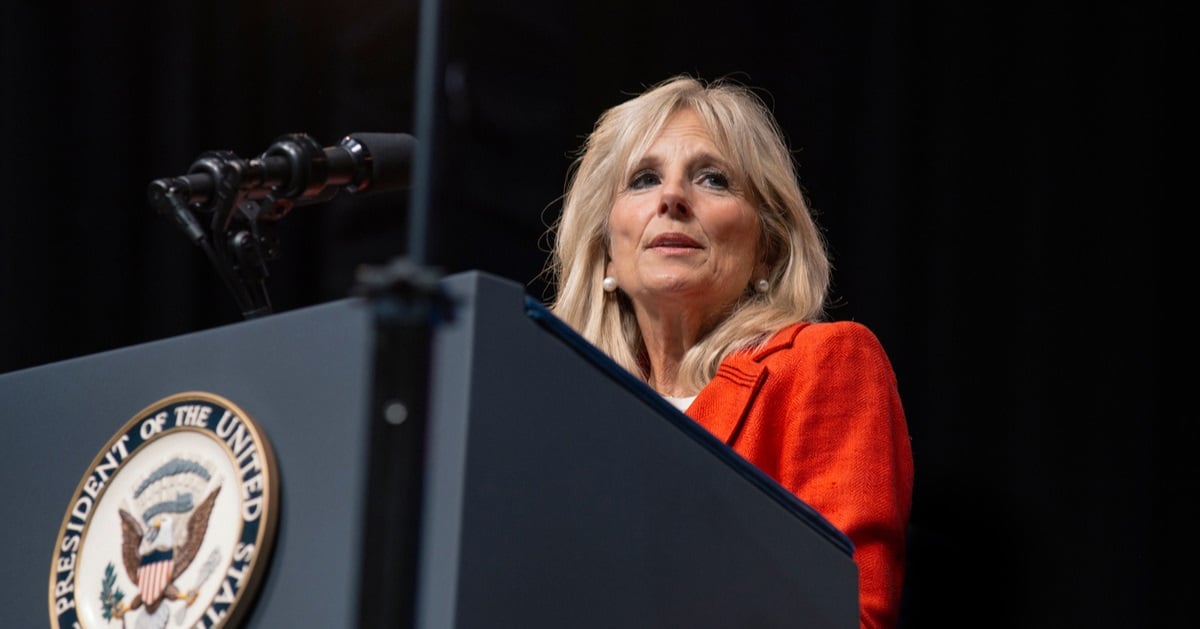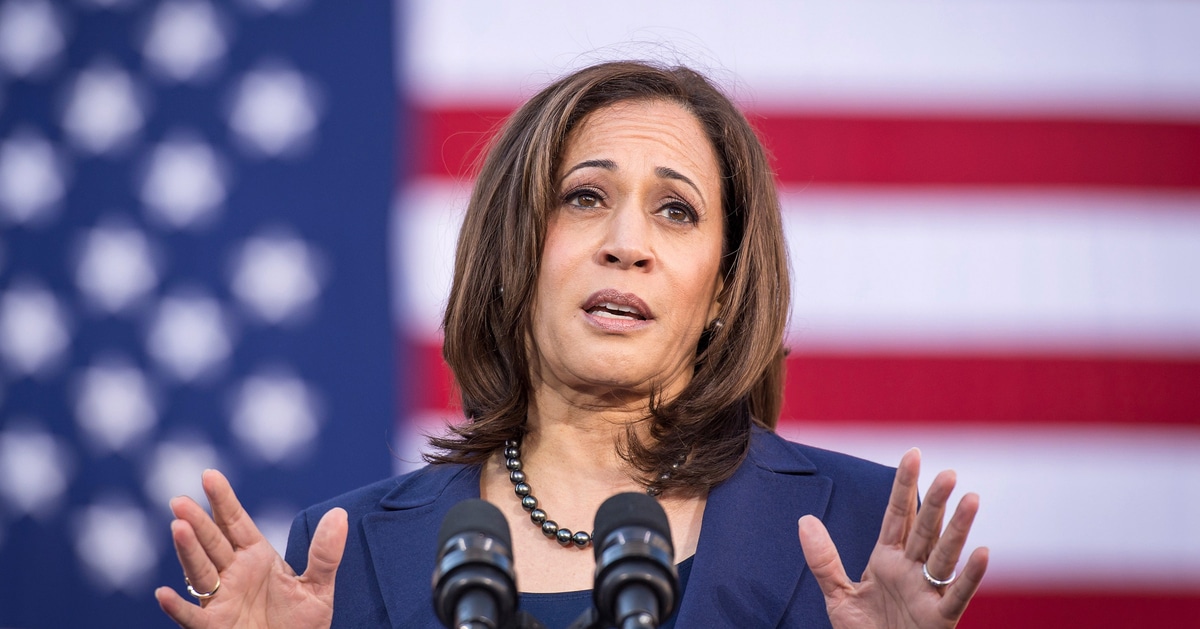






In a heated debate over media ethics and personal privacy, Penelope Hegseth has taken to the public stage to defend her son, Pete Hegseth, from what she describes as an unfair media portrayal according to The Bizpac Review.
Pete Hegseth's nomination for defense secretary by Donald Trump has been mired in controversy following the revelation of an old email from his mother, sparking a broader discussion on media practices.
Penelope Hegseth found herself at the center of media controversy after a private email she penned seven years ago was published by The New York Times.
The email surfaced amidst Trump's decision to nominate Pete for defense secretary, bringing unforeseen attention and criticism to both mother and son. The media's focus on this email, written during a tumultuous time for the Hegseth family, has stirred significant public interest and debate.
In 2018, as Pete was navigating through a difficult divorce, Penelope expressed strong emotions in the email. Soon after its release, she publicly retracted the statements, acknowledging they were written in haste. She offered an apology, but claimed that this crucial aspect was overlooked by the media.
Penelope criticized prominent outlets, including The New Yorker, for fixating on the outdated email without acknowledging the subsequent apology. According to her, this omission has unfairly cast her son in a negative light. "Let’s go back seven years," she said, reflecting on how everyone evolves over time.
In her attempt to set the record straight, Penelope joined "Fox & Friends" to articulate the depth of her emotions when she initially wrote the contentious email. She emphasized the emotional turmoil she felt as a parent witnessing her son endure challenging personal circumstances.
Compelled to underscore her family's resilience, Penelope addressed the tactics she believes the media employs to coerce statements. "Threats are dangerous and they’re hard on families," she remarked, shedding light on the personal strain the intense media scrutiny has posed to her family.
Penelope’s stand gained traction when Vice President-elect J.D. Vance commented on the situation on X, formerly known as Twitter. Vance highlighted her defense of Pete, pointing out that her apology email, sent just two hours after the original message, was seldom acknowledged by the media.
Despite the backlash, Penelope expressed gratitude toward those supporting Pete. "We all believe in him. We really believe that he is not the man he was seven years ago," she asserted, emphasizing her unwavering belief in Pete's capability to fulfill the role for which he has been nominated.
Penelope made it clear on air that she believes her son has evolved significantly since the time the email was written. This sentiment, she hopes, will be recognized by both the public and decision-makers as his nomination is considered.
In light of these events, Penelope Hegseth remains resolute in her defense of Pete, emphasizing both his personal growth and his qualifications for the role of defense secretary. Her presence on "Fox & Friends" was not only an appeal to rectify perceived media mischaracterizations but also a declaration of her faith in his abilities.
This controversy underscores a broader conversation about the limits of media ethics, the handling of sensitive personal communications, and the potential for misinterpretations. The publication of Penelope's email, she argued, seemed designed to derail Pete’s chances for the defense secretary position.
Penelope's candid participation in this media dialogue highlights the emotional complexity and personal toll of public scrutiny on candidates' families amid political appointments.
Her acknowledgment that "I wouldn’t be sitting here if I didn’t believe he’s the man for the job" reveals her deep conviction in Pete's readiness and aptitude for leadership.
As the public continues to digest these revelations, debates surrounding media conduct and the ethics of publishing private communications are likely to persist. Penelope’s narrative offers a poignant reminder of the personal impact these stories can have on those involved and seeks to redirect the narrative to a more balanced portrayal of her son.
The unfolding dialogue is a testament to the intricate intersection of personal lives and public personas, where private moments become public discourse, influencing opinions and decisions at the highest levels.



